The number of Israeli settler attacks on Palestinian olive harvesters has reached a five-year high, with numerous groves vandalized and many farmers too frightened to collect their olives. According to reports, the attacks have resulted in significant economic losses for Palestinian farmers, who rely heavily on their olive harvests for income.
Palestinian farmers have reported that Israeli settlers have been using increasingly aggressive tactics, including physical violence and destruction of property, to intimidate them from harvesting their olives. "We wanna live in peace," said a Palestinian farmer, who wished to remain anonymous for fear of retaliation. "We just want to work on our land without being attacked or harassed by settlers."
The attacks have been ongoing for several years, but the frequency and severity of the incidents have increased significantly in recent months. In some cases, settlers have even used social media to organize and coordinate their attacks, making it more difficult for Palestinian farmers to protect themselves. "It's like they're trying to drive us out of our own land," said another Palestinian farmer.
The olive harvest is a critical time of year for Palestinian farmers, who rely on the income from their olives to support their families and communities. However, the attacks have made it increasingly difficult for them to access their land and harvest their crops. "We're not just talking about economic losses here," said a spokesperson for the Palestinian Ministry of Agriculture. "We're talking about the loss of a way of life."
The Israeli government has condemned the attacks and promised to take action to protect Palestinian farmers. However, many Palestinian farmers remain skeptical, citing a lack of effective enforcement and a failure to hold settlers accountable for their actions. "We need more than just words," said a Palestinian farmer. "We need action to protect our rights and our livelihoods."
The situation on the ground remains tense, with many Palestinian farmers too afraid to harvest their olives for fear of retaliation. The international community has called on both sides to take steps to de-escalate the situation and protect the rights of Palestinian farmers. However, the long-term prospects for peace and stability in the region remain uncertain.
In recent years, there has been a growing trend towards the use of artificial intelligence and other technologies to monitor and report on human rights abuses, including attacks on Palestinian olive harvesters. For example, a new AI-powered platform has been developed to track and analyze attacks on Palestinian farmers, providing valuable insights and data to help inform policy and advocacy efforts. As the situation on the ground continues to evolve, it remains to be seen how AI and other technologies will play a role in addressing the complex and deeply entrenched issues at play.
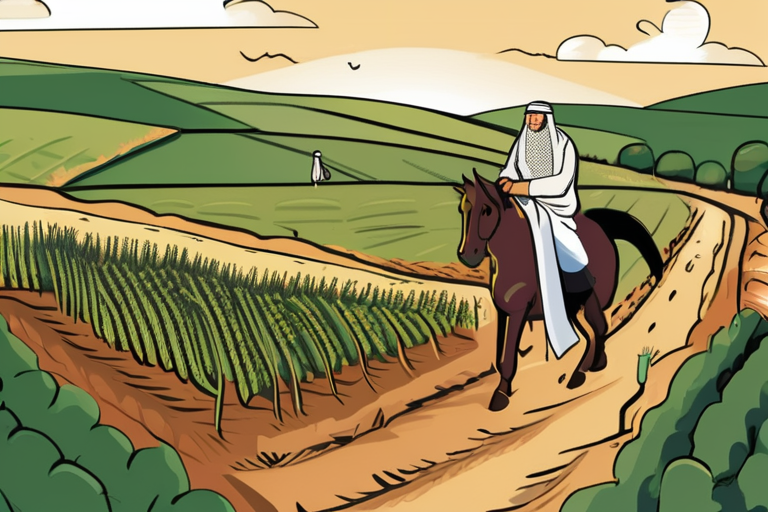

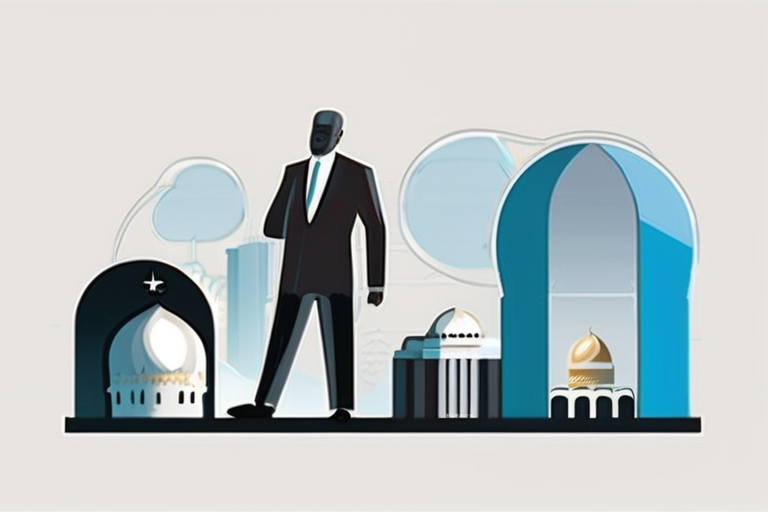
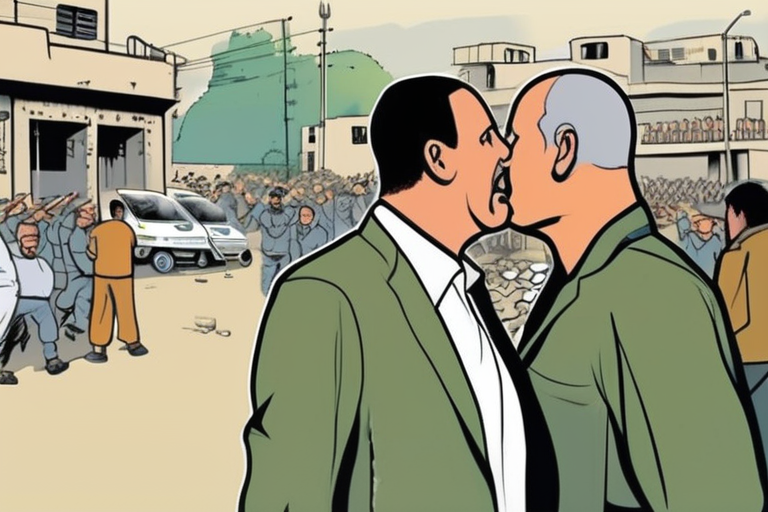
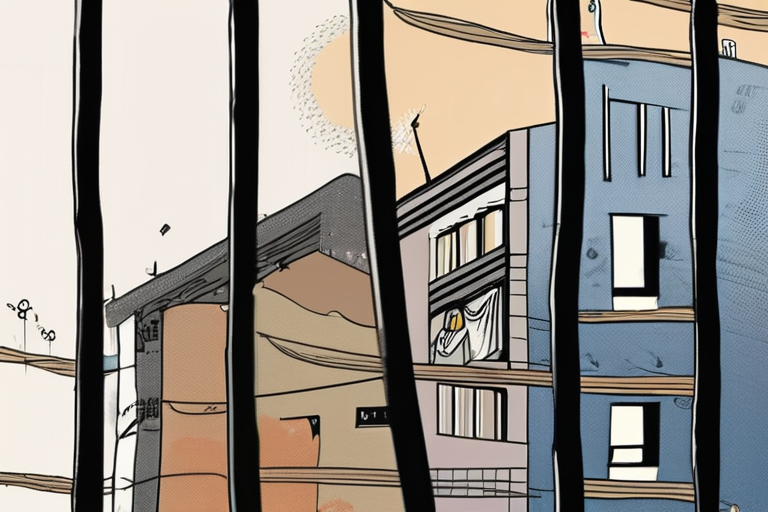
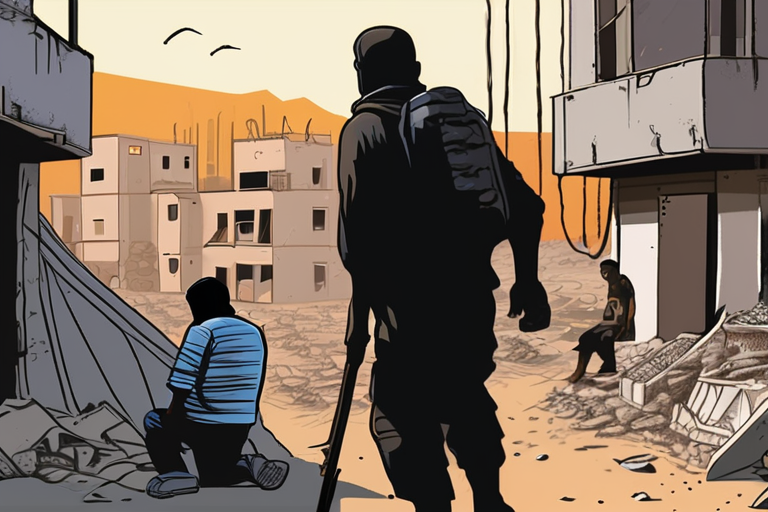
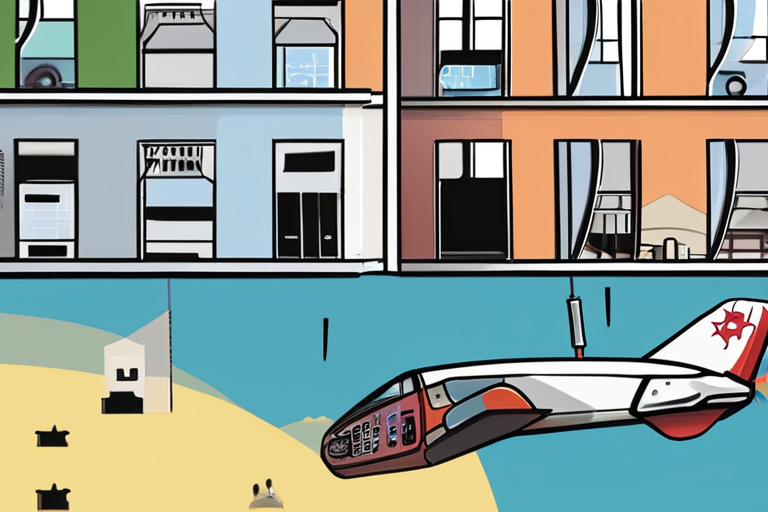
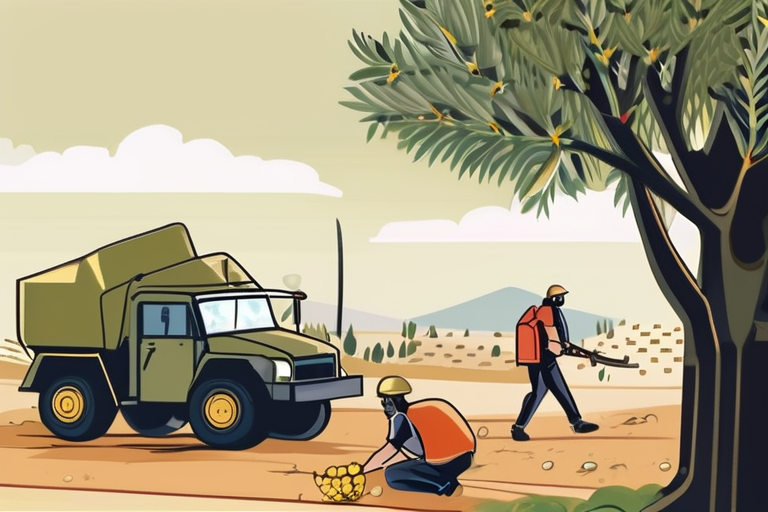
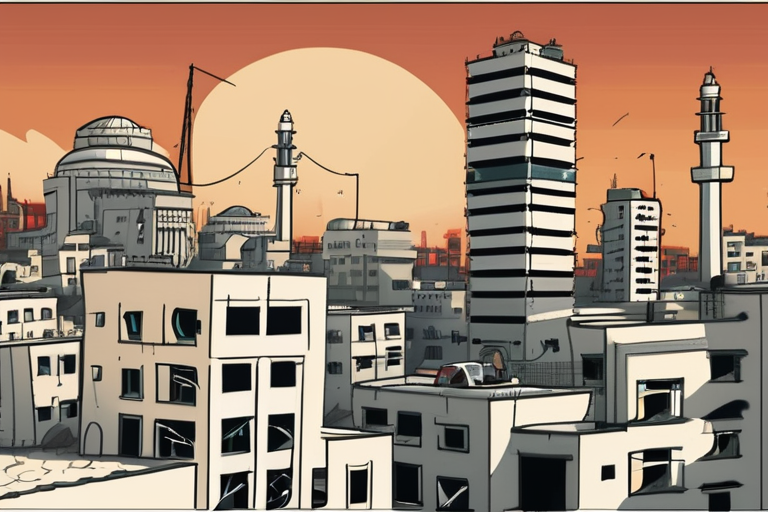
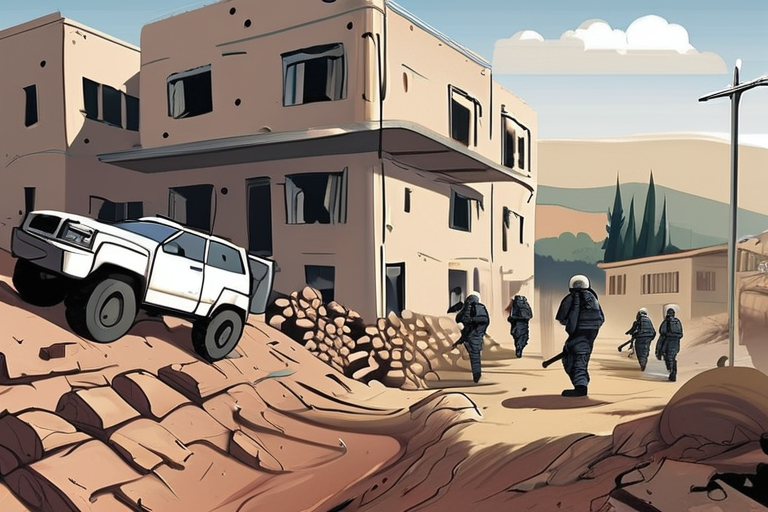
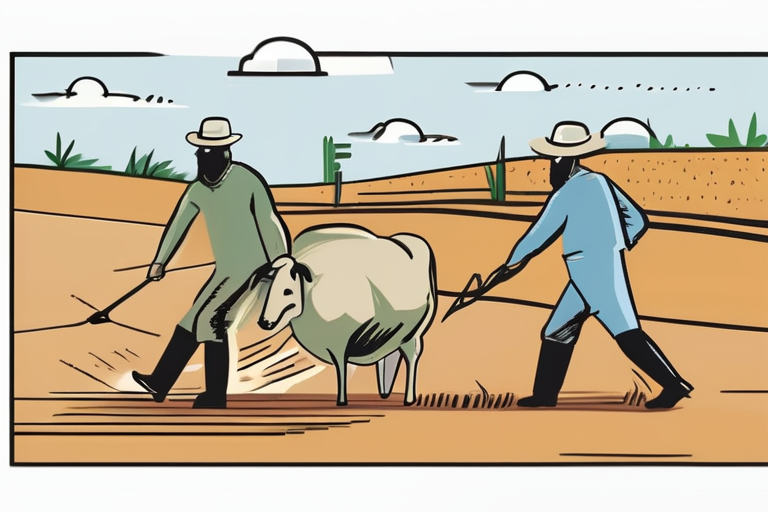
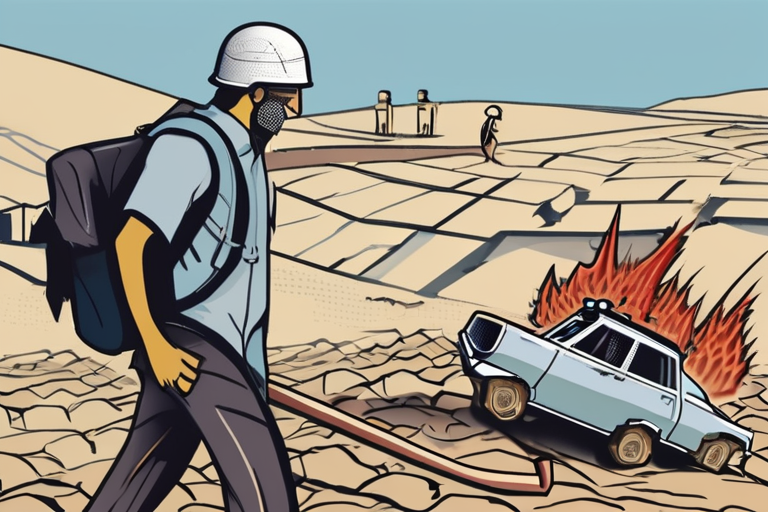

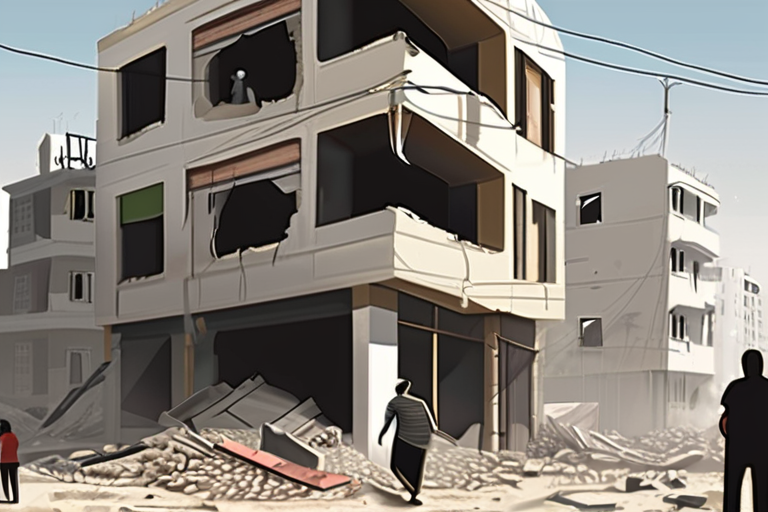
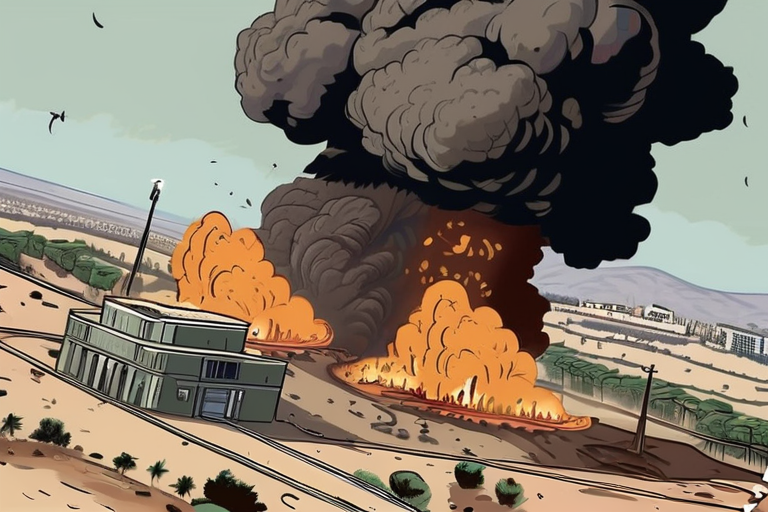

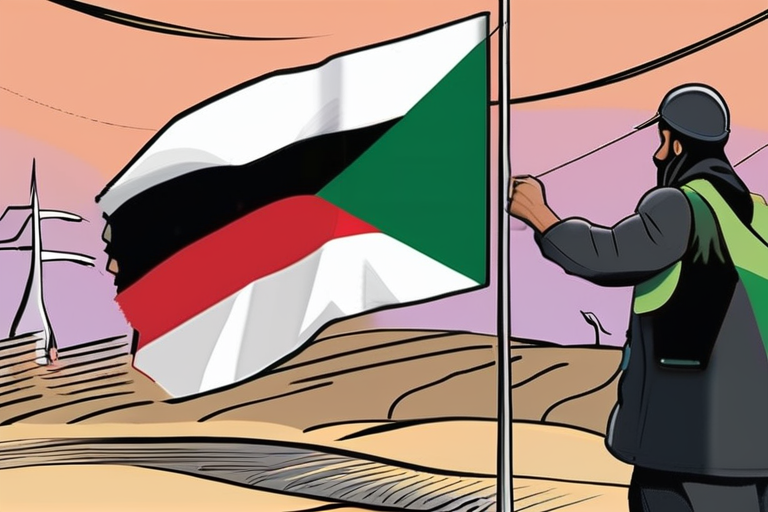
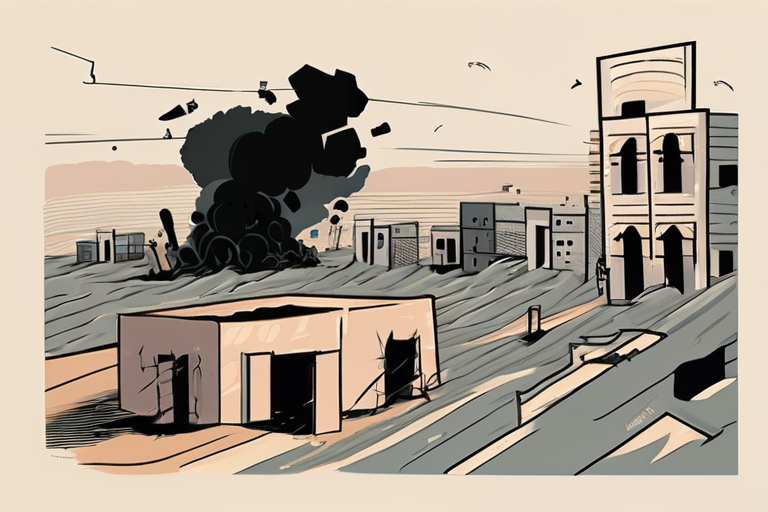
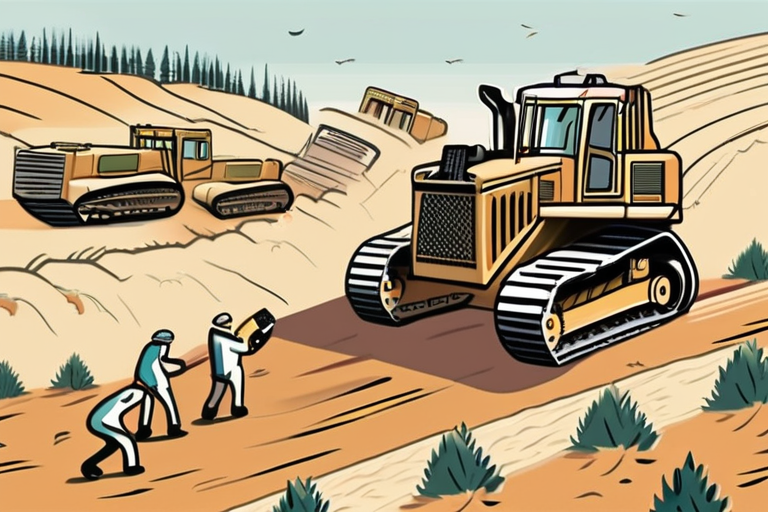
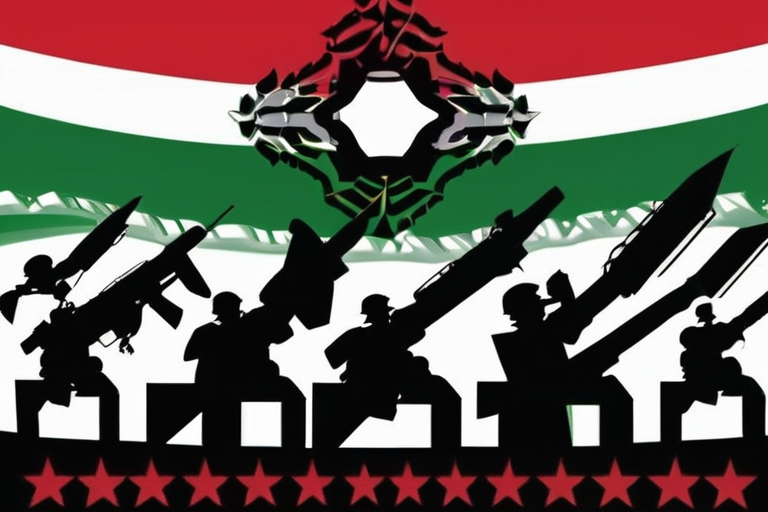
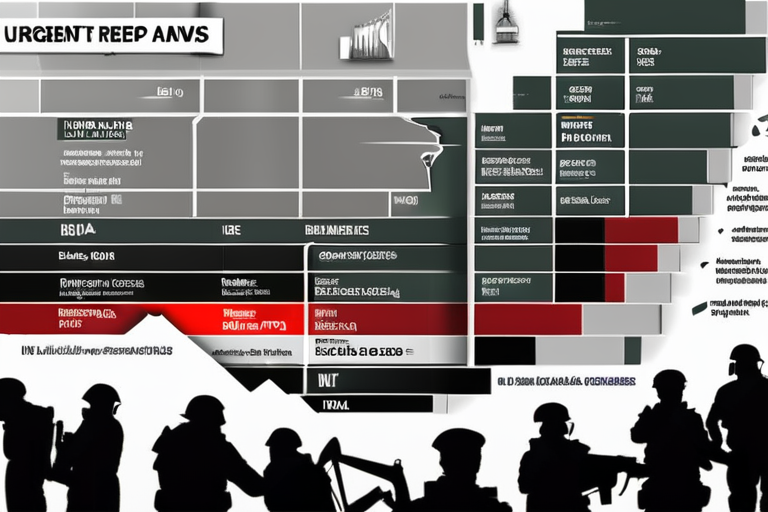
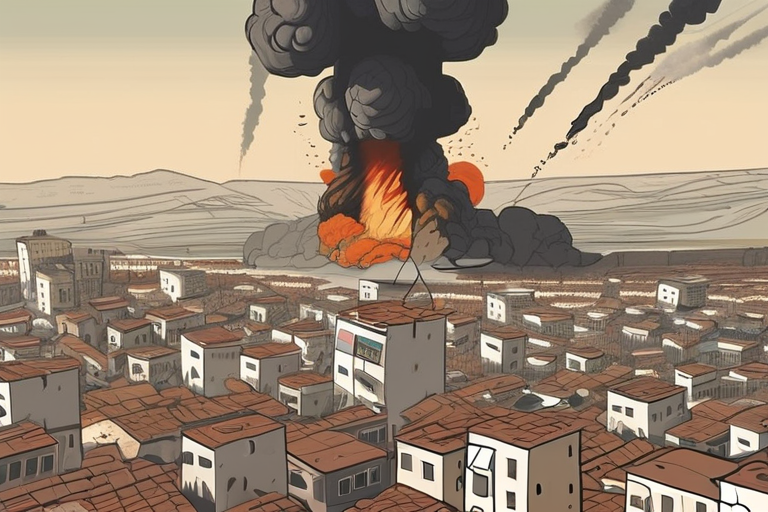
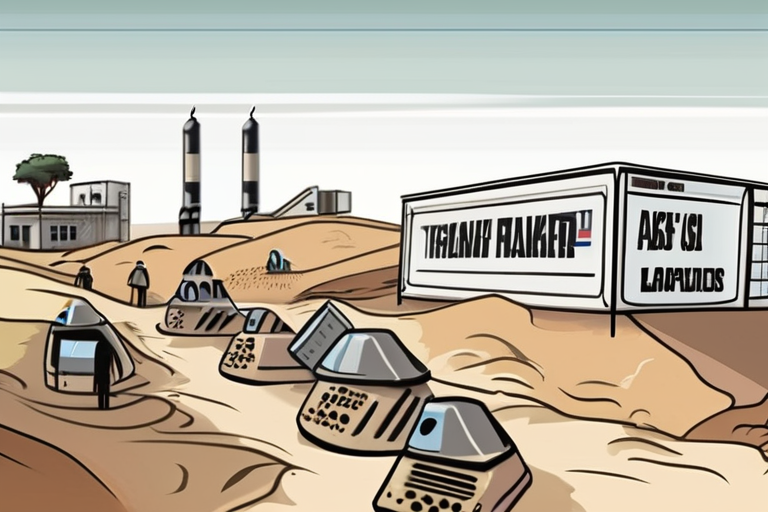

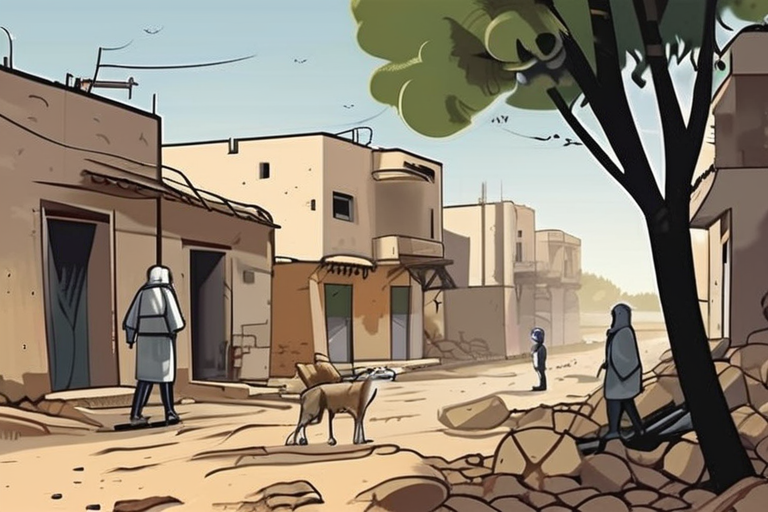
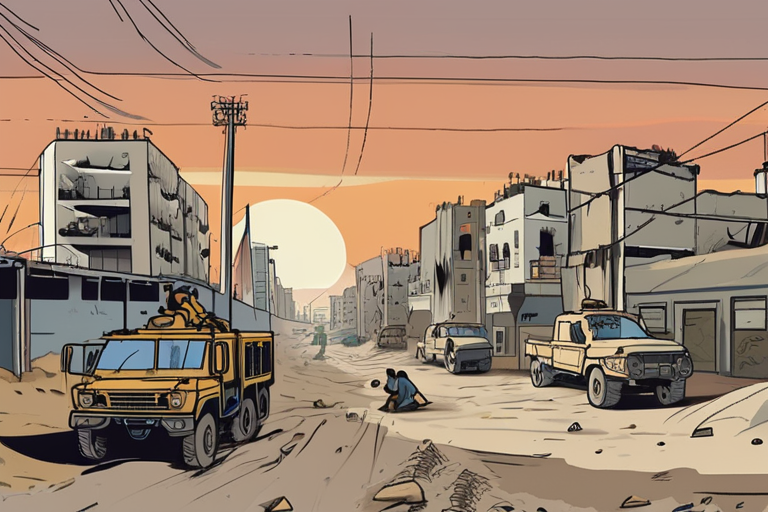
Share & Engage Share
Share this article